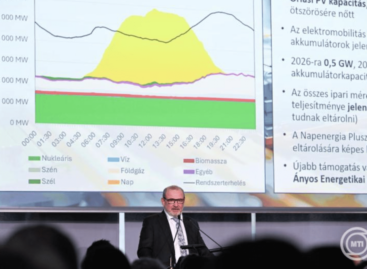Analysis: UK household food bills increased by more than £200 after leaving the EU
Britain’s exit from the European Union (Brexit) increased the average expenditure of British households on food by more than 200 pounds, according to a study presented on Thursday by one of the leading economic analysis workshops in London.

British consumers did not fare well with Brexit
In its 27-page analysis supported by mathematical derivations, the London School of Economics’ economic research institute (Centre for Economic Performance, CEP) emphasized that due to the successful process of tariff reduction that has been going on for decades, it is now not customs duties, but non-tariff barriers are the number one obstacle to international trade.
The CEP recalls that although Great Britain and the EU have concluded a trade and cooperation agreement, which will eliminate customs tariffs and quotas in bilateral trade even after Brexit, the agreement does not take measures to maintain deep trade integration similar to the previous one. Thus, the regulatory and customs framework has changed, and this creates friction in trade.
The new measures include comprehensive customs controls on the movement of goods, the introduction of proof of origin requirements, the obligation to provide separate proof of regulatory compliance for each trade destination country, and restrictions on the free movement of people, which also apply to business travel.
MTI
Related news
EU adopts rule to prevent destruction of unsold clothing
🎧 Hallgasd a cikket: Lejátszás Szünet Folytatás Leállítás Nyelv: Auto…
Read more >The EU’s 2050 carbon neutrality targets are unrealistic
🎧 Hallgasd a cikket: Lejátszás Szünet Folytatás Leállítás Nyelv: Auto…
Read more >Related news
How does the forint exchange rate affect consumer prices?
🎧 Hallgasd a cikket: Lejátszás Szünet Folytatás Leállítás Nyelv: Auto…
Read more >HELL CITY has arrived, led by Michele Morrone
🎧 Hallgasd a cikket: Lejátszás Szünet Folytatás Leállítás Nyelv: Auto…
Read more >









